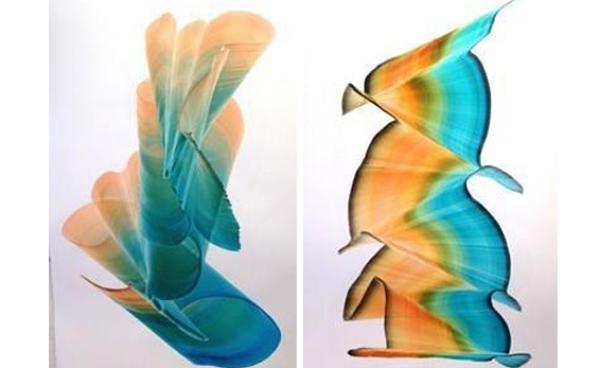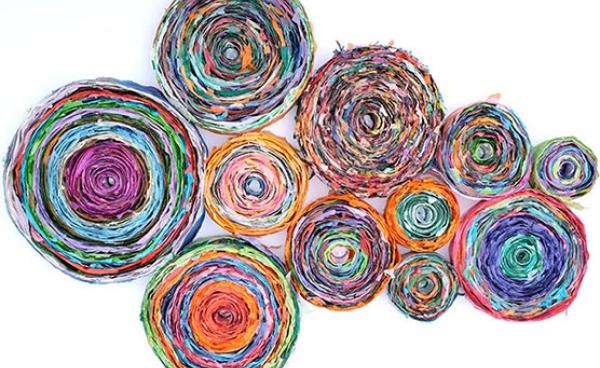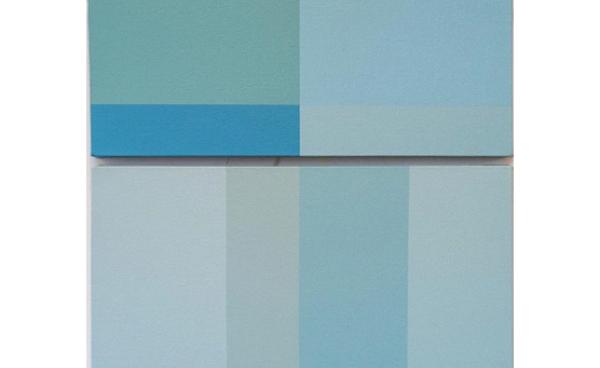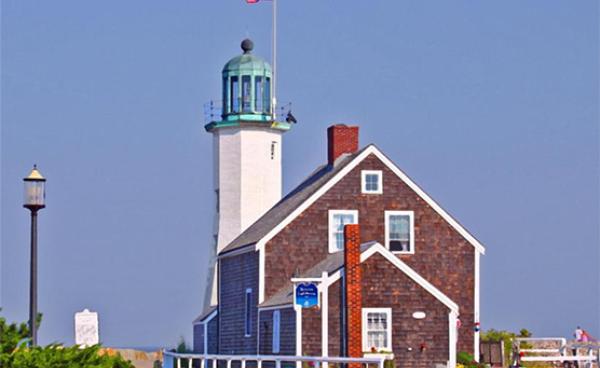About the Friends' Art Program
Art and Environment Committee
The Art and Environment Committee, overseen by Friends of Dana-Farber and chaired by Jane B. Mayer, was formed in 1998 to collaborate with the Institute on the overall development and management of its art collection. Activities of the committee include working with the Institute’s departments and architects in space planning and design, fundraising, selection, placement, and conservation of art. Committee membership consists of patients, patient representatives, Friends members, trustees, and staff throughout the Institute.
Mission
The mission of the Art Program is to provide an art collection that engages patients, families, and staff, and at the same time brings comfort, provides an opportunity for contemplation, and humanizes the hospital experience.
Supporters
The Art Program is a Friends’ initiative and they have generously supported the program since its inception, both as an organization and through the personal donations of individual members. More than 70 percent of the Yawkey Center for Cancer Care collection has been donated, not only by Friends, but by patrons of the arts, artists, galleries, and individuals who appreciate the value of art for patients and families. For information regarding donations to the Art Fund, please contact Elaine Tinetti, Art Program Administrator, at 617-632-4458 or elaine_tinetti@dfci.harvard.edu.
Art Tours
In the Yawkey Center, there are 500 works of art, and more than 1,300 pieces in the entire Dana-Farber collection located throughout the Longwood campus and its satellite centers. In 2012, we collaborated with Acoustiguide, Inc. to produce a 27-stop audio tour, in both English and Spanish, of highlights of the art in the Yawkey Center. Hand-held devices and maps for this complimentary self-guided tour are available at the Concierge Desk on Yawkey 1. Hours are Monday – Friday from 9:00 a.m. – 4:00 p.m. Alternatively, you may take a virtual tour or contact Elaine Tinetti at 617-632-4458 or elaine_tinetti@dfci.harvard.edu to arrange a docent led tour.








